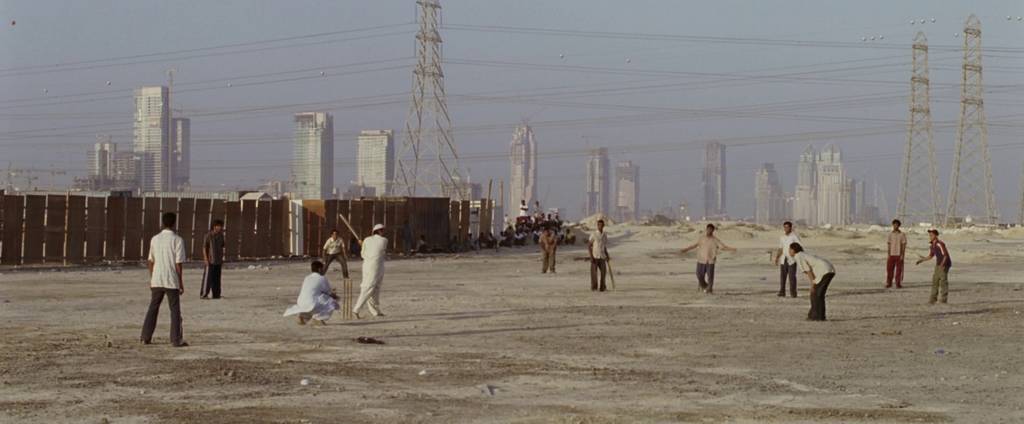
Film Matters: Please tell us about your article that is being published in Film Matters.
Zachary Goldstein: This article utilizes Stephen Gaghin’s film Syriana as a lens through which to analyze larger trends of Islamophobia and Orientalism in Hollywood film.
FM: What research and/or methodologies do you incorporate in your article?
ZG: The article largely draws from Edward Said’s theory of Orientalism, looking at how Western audiences view and conceptualize the Middle East.
FM: Describe the original context for/when writing this article while an undergraduate student.
ZG: I wrote this paper as a final assignment for a course in cinema and politics.
FM: How has your department and/or institution supported your work in film and media?
ZG: The department of Comparative Literature at Penn understands and supports the diverse ways in which students engage with global literature, especially recognizing the importance of film in the modern literary canon.
FM: How has your faculty mentor fostered your advancement as a film scholar?
ZG: Professor Barnard has been invaluable throughout my Penn career, expanding my academic horizons and helping me to improve my writing. She has been an extraordinary mentor and has encouraged me along the publication process.
FM: How has the Film Matters editorial and publication process impacted the development/evolution of your article?
ZG: The Film Matters editorial process helped me to focus my article and expand upon its most effective portions.
FM: What audience do you hope to reach with your Film Matters article and/or what impact do you hope it has on the field of film studies?
ZG: I am hoping that through this article, film audiences will become more aware of their internal biases and recognize how these biases inform their viewership.
FM: What are your future plans?
ZG: I plan to go to law school and pursue a career in international or entertainment law.
Author Biography
Zachary Goldstein is a senior at the University of Pennsylvania, majoring in international relations and minoring in modern Middle Eastern studies and comparative literature. He is an avid reader and traveler, and has traveled to over twenty-five countries across five continents.







































